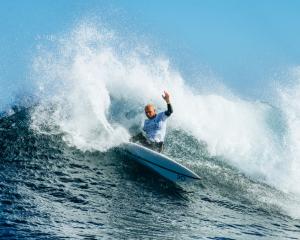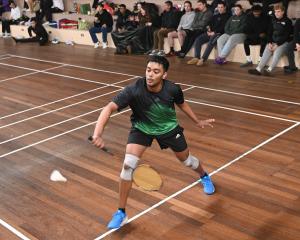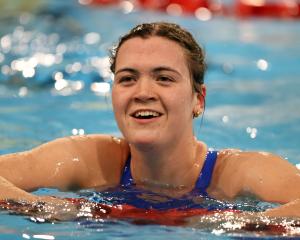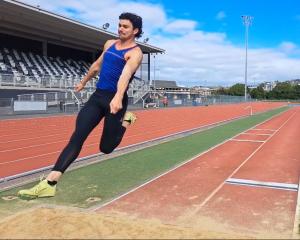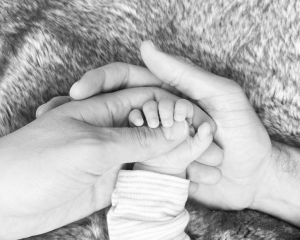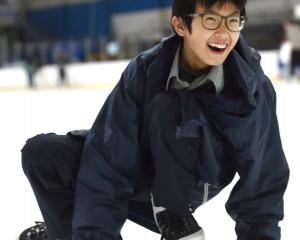Sport New Zealand backs doing away with junior representative teams but will leave it up to individual sports to change their representative structure.
Junior representative rugby sides have been abolished by provincial unions right across the South Island as unions seek to move into a wider role in developing younger players.
Weight-grade tournaments are set to go and all teams from under-14 level and below will be discontinued.
The initiative to disband junior representative teams had come from the North Harbour union, which in late February announced it would not be forming them as it did not see any value in their existence.
Sport New Zealand said it did not have a set agenda to try to stop representative play in any sport and was waiting for sports to take the lead at provincial level.
Mainland Netball had done that two years ago and it had been followed by other provincial netball centres.
North Harbour had done it in rugby and other provinces had quickly followed.
Sport NZ sport development consultant Alex Chiet backed North Harbour for its move which the organisation saw as positive and courageous.
He said North Harbour had made other important changes in introducing development opportunities for children and expanding non-contact Rippa Rugby.
He said the changes might be challenged but there were some big issues that needed to be addressed so that people understood why this had happened and why it was so important.
''New Zealanders' participation in sport is following a global trend - downwards. Less active young Kiwis means less kids getting the most of the healthy, social, fun elements sport has to offer,'' he said.
''It means less chance of our youngsters having a lifelong love of being active, and it means a smaller pool of talent from which we can nurture and develop Kiwis towards elite sport and, for some, world championship or Olympic glory.
''To address this, we need sports to adapt - to provide quality experiences that are relevant to the needs of today's kids and which keep them wanting to play.''
In 2016, Sport NZ released a talent plan - a guide for sports bodies to help them keep more young people involved in sport and to develop, in the most appropriate way, those with future potential. It is a guide to shape decisions exactly like this one.
Through the research of the talent plan there are three commonly held beliefs which simply do not hold true, he said.
The reality was early specialisation did not work for everyone, successful athletes did not concentrate solely on winning and childhood success did not translate to adult success.
''At under-14 level it's needle in a haystack stuff when it comes to picking future elite adult performers.''



